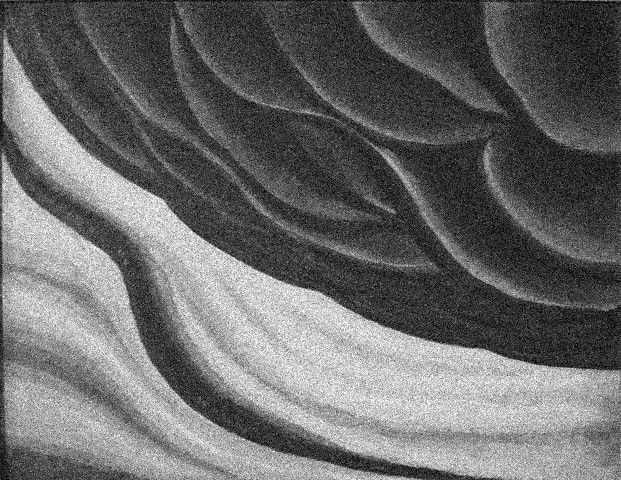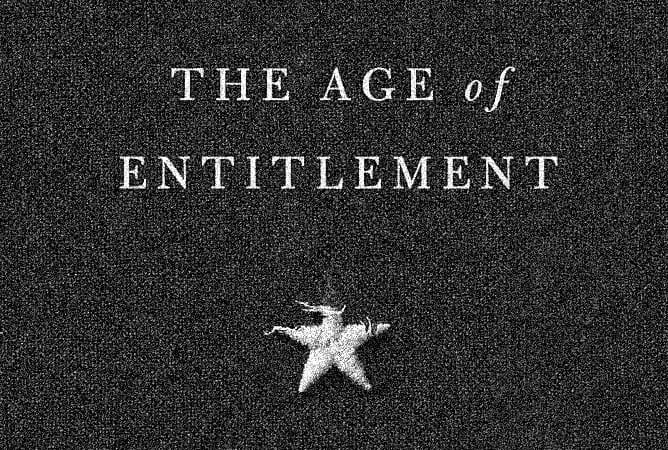Abundance, Scarcity, and the Race/Class Short-Circuit
Just as black struggle is taken to stand in for working-class struggle, so too is the present enemy of black struggle—the police—taken to stand in for the capitalist class.

Stuart Hall famously described “race as the modality in which class is lived, the medium in which class relations are experienced.” The claim has served as a point of departure for contemporary theorists of race and class, including Nikhil Pal Singh and Asad Haider. Its utility lies in sidestepping the question of the existence of race itself: to thinkers like Adolph Reed, Jr., who insists that race does not exist in either biological or cultural terms, one can respond that this isn’t about race itself but about how oppression is lived.
The claim has important political consequences: if a black colleague complains about manager x’s racist bullshit during a meeting to organize your workplace, and you confidently interject, “Actually, we’re dealing here with the basic consequences of an economic relationship,” you are being a problem. People do experience oppression differently, often through the lens of race, and it would be plainly thick-headed not to meet people where they’re at in our everyday struggles against capital.
The problem here comes in absolutizing the claim, in seeing race as the, rather than a, modality in which class is lived, in which case every moment of class struggle short circuits into racial terms, and vice versa. Not every moment of class struggle manifests itself in racial terms, and not every moment of racial struggle manifests itself in class terms—or at least, not in working-class terms. At a moment of rapid cultural revolution in the institutions of the professional-managerial class, Reed is right to warn that anti-racism may end up serving the ruling class as racism did for much of the twentieth century.
Always seeing race as a cypher for class leads to strange conclusions. It’s true that people of color are disproportionately likely to suffer the ills of contemporary society—of incarceration, of police brutality, of COVID-19—but that racial disparity is largely, though not exclusively, a class disparity. Poor and working-class people suffer the ills of contemporary society, and people of color are disproportionately poor and working-class. Getting things backward often leads to regressive, and even straightforwardly racist, conclusions: for instance, that the COVID-19 vaccine ought to be distributed according to race rather than according to underlying risk factors.
This view of race and class works to skew the relation to the other class as well: just as black struggle is taken to stand in for working-class struggle, so too is the present enemy of black struggle—the police—taken to stand in for the capitalist class. Of course, it’s commonplace and correct to view the police as one branch of the protective force of the capitalist class, but in the race/class short-circuit, the police directly represent the capitalist class. The zeal with which protestors have uncritically taken up the “Defund” slogan is a function of the belief that they want to defund power itself.
Not only is it simply incorrect, again, to view the police as the capitalist class, or to have them so fused in one’s mind as to make them virtually indistinguishable, but confused political demands naturally follow. Defenders of the “Defund” demand rightly point out that protestors not only want to defund the police but also redirect those funds to other municipal services—in other words, this is no austerity demand. But “Defund” falls prey to austerity in another way: by focusing the fight on the small part of the pie that is the municipal budget.
This is where the race/class short-circuit is particularly pernicious. Socialists have always taken their aim at the capitalist class not because the capitalist class is particularly evil—though the revelations around Jeffrey Epstein have certainly revealed the depth of the immorality that a ruling class enjoys with no organized opposition—but because capitalists have the resources and the power, given the nature of the capitalist system. There is an abundance out there—as Marx said, capitalist societies uniquely suffer from crises of overproduction—and it’s the capitalist class that prevents people from enjoying that abundance.
Many police departments have it pretty good, but they don’t have the same access to resources and are ultimately only auxiliaries of power. “Defund the capitalist class” is a demand to have everyone share in the rich abundance that capitalist development has made possible. By contrast, “Defund the police,” even with the addendum “and use that money to fund social services,” operates within the logic of scarcity, within the logic that there are a limited number of resources, that we are locked in a zero-sum game.
In a way, we would probably be better off without the intersectional logic that makes possible the race/class short-circuit: at least then we could deal with police brutality as a problem of police brutality. Thanks to the short-circuit, activists imagine they are directly fighting against the capitalist class when they take to the streets to protest the police. In so doing, they invest the protests with a significance that far transcends their actual target, which of course lends them a heightened revolutionary feeling. The veiled application of a class demand (“Soak the rich” turned into “Soak the police”) is a powerful drug.
The heinousness of the murder of George Floyd combined with the release from coronavirus lockdown makes much sense of the fervor of the recent protests, but their sustained militancy must also be understood as a function of the fact that the tension of the class dynamics responsible for inequality and injustice in the United States have no other outlets at present. Thanks to the race/class short-circuit, “militant liberalism” can stay fueled on vast reserves of borrowed energy, while the abundance guarded by the ruling class remains safe and secure.
■
Aurora Borealis ate her own parents and has nothing to show for it but a vivid fantasy life.



